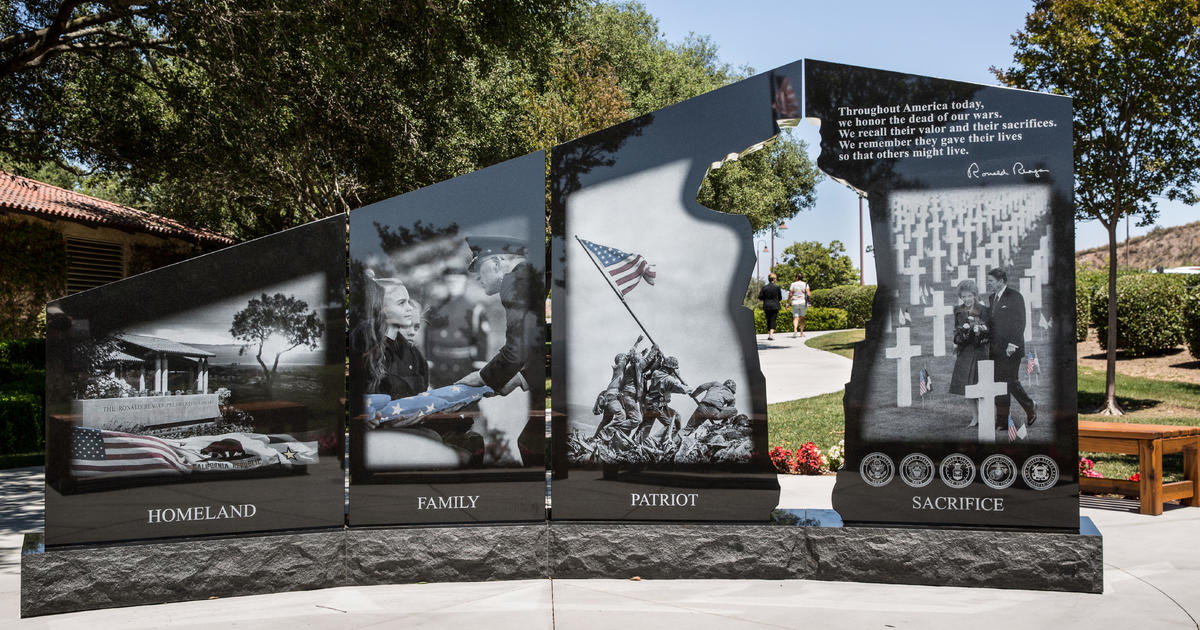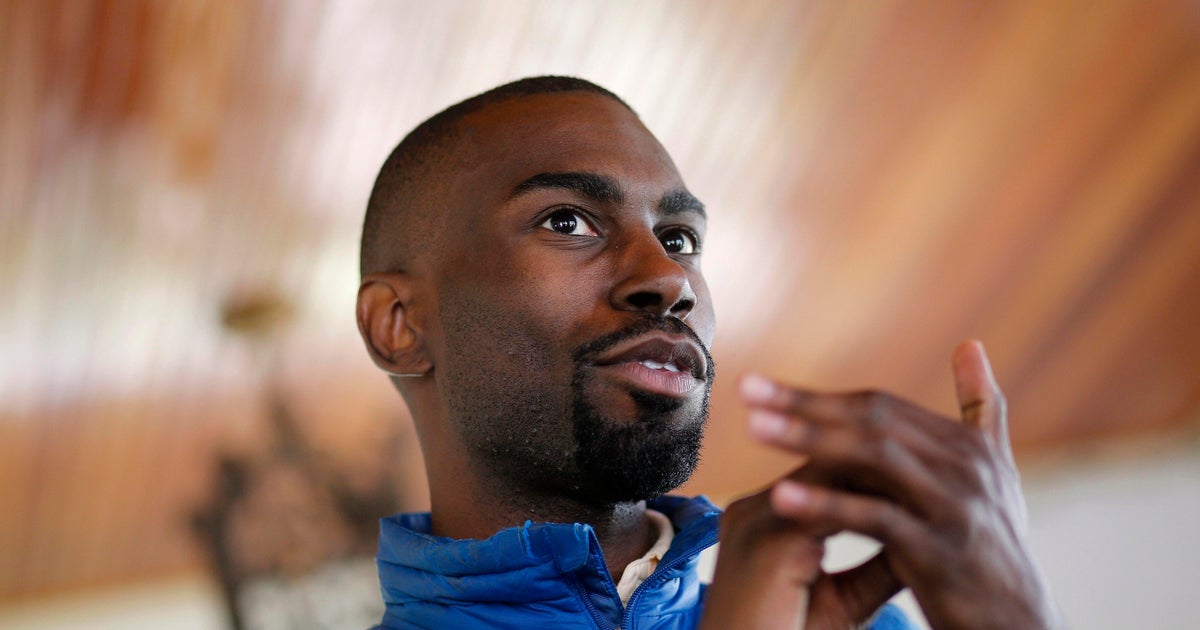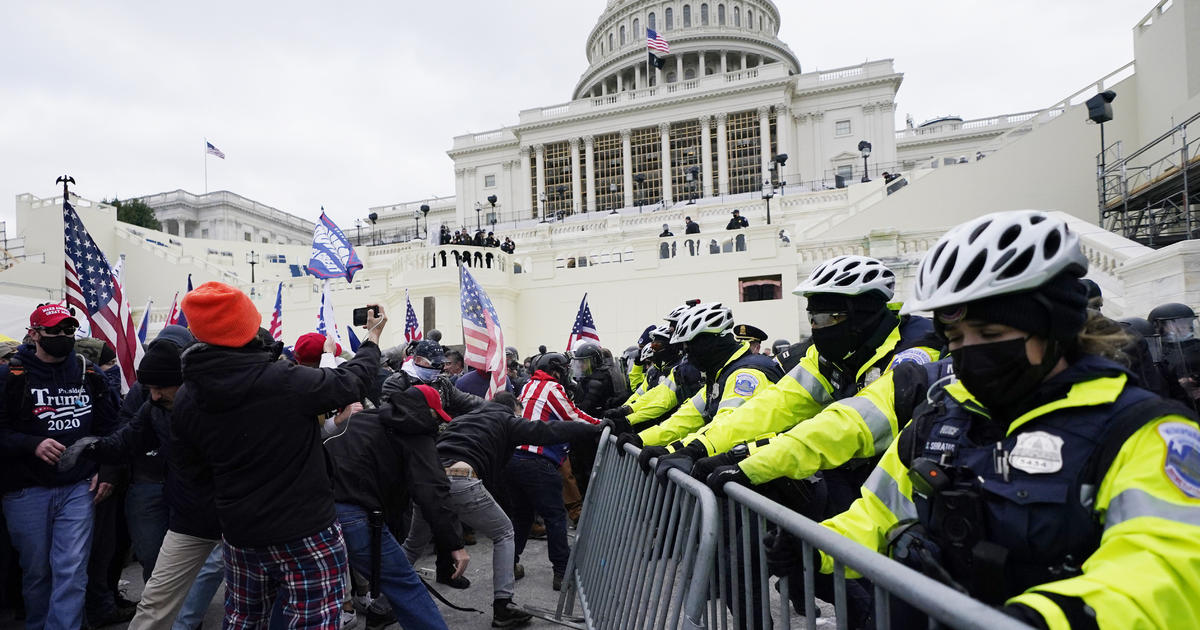Oath Keeper leader Stewart Rhodes pleads not guilty to January 6 charges
Washington — Stewart Rhodes, the leader of the far-right militia group known as the Oath Keepers, and nine of his co-defendants pleaded not guilty on Tuesday to charges that they planned for and participated in the January 6 Capitol attack.
Appearing virtually before Judge Amit Mehta of the U.S. District Court in Washington, D.C., the defendants each entered not-guilty pleas after listening to the counts levied against them, including seditious conspiracy, the most serious charge so far brought in the Justice Department's investigation into the January 6 riot.
In all, the Justice Department has charged 11 alleged members of the Oath Keepers with seditious conspiracy, which carries a maximum sentence of up to 20 years in prison at the discretion of a judge if convicted.
Nine of the 10 defendants who appeared in court Tuesday were already facing previous charges stemming from their alleged participation in the Capitol breach before the indictment accusing them of seditious conspiracy was brought against them earlier this month.
Another man, Edward Vallejo of Texas, who was recently ordered detained pending trial, was not present for Tuesday's virtual arraignment.
The 11 defendants — Rhodes, Vallejo, Kelly Meggs, Kenneth Harrelson, Jessica Watkins, Joshua James, Roberto Minuta, Joseph Hackett, David Moerschel, Brian Ulrich and Thomas Caldwell — are now set to stand trial for various crimes, including the seditious conspiracy charge, in July.
Prosecutors allege Rhodes and his co-conspirators intended to stop the presidential transfer of power by January 20, 2021, when President Biden was sworn into office.
"They coordinated travel across the country to enter Washington, D.C., equipped themselves with a variety of weapons, donned combat and tactical gear, and were prepared to answer Rhodes's call to take up arms at Rhodes's direction," according to the indictment. "Some co-conspirators also amassed firearms on the outskirts of Washington, D.C., distributed them among 'quick reaction force' teams, and planned to use the firearms in support of their plot to stop the lawful transfer of presidential power."
After weeks of planning, mostly over messaging apps, prosecutors say the members of the Oath Keepers and its affiliates formed two "stacks" to breach the Capitol building on the day of the attack.
The first stack entered the Capitol Rotunda and split up, with one half attempting to push through law enforcement outside the Senate chamber and the second half heading toward the House looking for House Speaker Nancy Pelosi, according to the indictment.
"They did not find Speaker Pelosi and ultimately left the building," the filing states.
The second stack also breached the grounds of the Capitol, and three of the Oath Keepers entered the Rotunda and attempted to push back police guarding the area, prosecutors said.
Meanwhile, the charging documents and subsequent filings allege a separate team of Oath Keepers remained outside Washington and was "prepared to rapidly transport firearms and other weapons into Washington, D.C., in support of the operations." Such a transport was never ordered by Rhodes or any other leaders.
"Rhodes stood at the center of the seditious conspiracy," the government said in court documents, "orchestrating plans to use force, recruiting and financing co-conspirators, purchasing weaponry and tactical gear, inciting support and action, and endeavoring to conceal his and other co-conspirators' crimes."
He remains detained as a Texas judge considers whether to grant his request for pretrial release.



